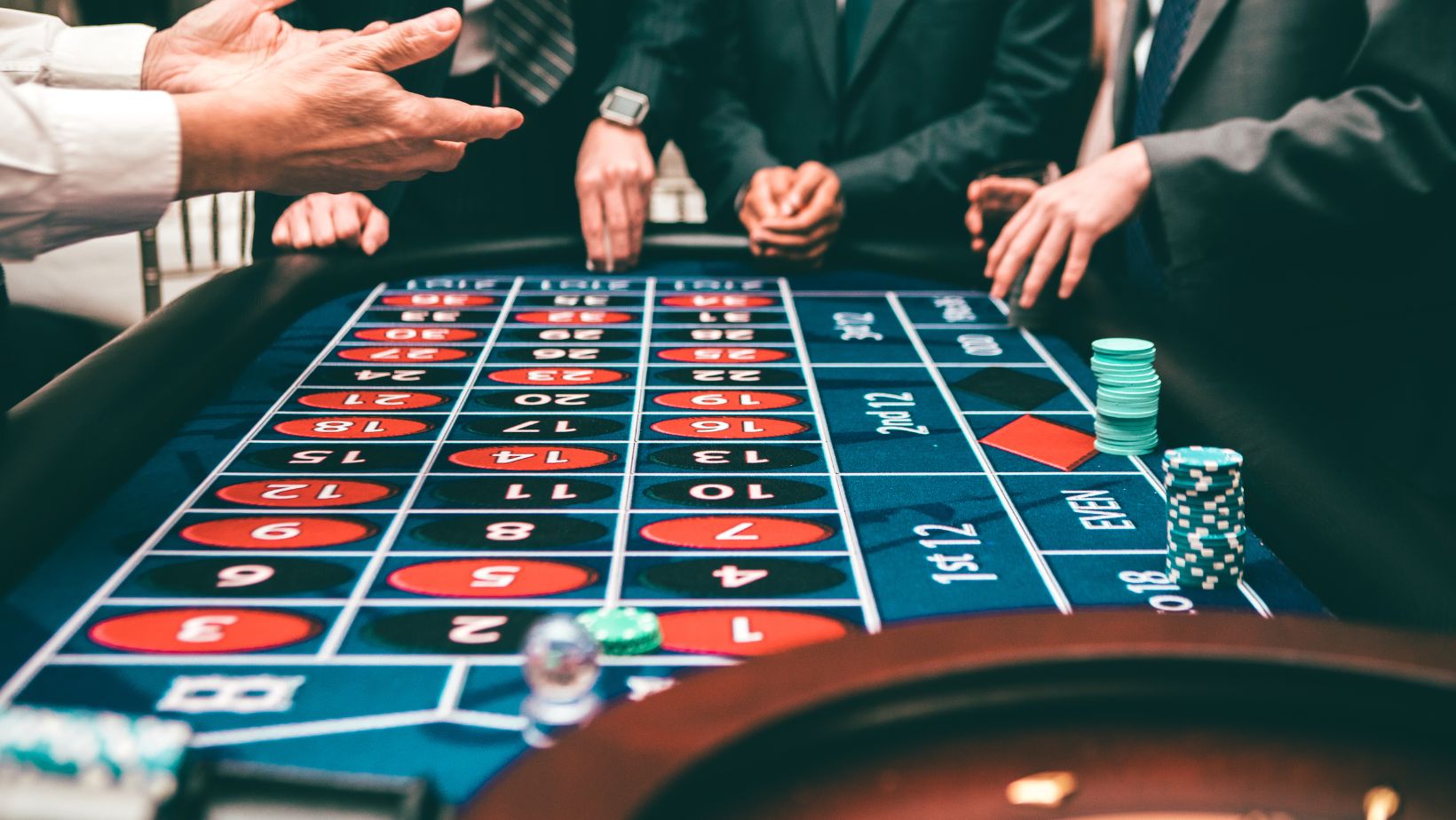The Neurochemical Dance Of Hormones And Gambling
Gambling is a unique activity that can help you relax your mind with a variety of games, It is not just about chance and fortune but a complex mix of neurochemical responses that can both thrill and devastate players as they create an emotional rollercoaster. So, let’s have a look at how these hormones adapt and change while gambling.
How are Hormones Linked to Gambling?
Triggering emotions of thrill, anxiety, and happiness, the act of gambling can change the brain in many ways. These seemingly simple changes are complex hormonal activities. Here is how different neurochemicals are linked to it:
Dopamine: The happy Hormone
Often referred to as the brain’s “feel-good” neurotransmitter, and with each win, a wave of dopamine floods the brain, releasing feelings of pleasure and joy. This rush acts as a powerful motivator, forcing individuals to run after the next big win in pursuit of that pleasure and joy.
Studies have shown that a reward can trigger dopamine release which raises anticipation and intensifies the desire to gamble as the hope of rewards fuels excitement.
Cortisol: The Stress Hormone
On the bright side, dopamine gives gamblers a feel-good sensation. But cortisol increases stress and anxiety which leads to impulsive decisions. Chronic stress can lead people with addictions to turn to gambling as they seek temporary relief from stress through the excitement of gambling.
Testosterone: The male hormone
People often think testosterone is linked to aggression and dominance but it plays a crucial role in gambling too. Changes in testosterone levels can cause the gambler to take unwanted risks, mostly by betting huge amounts of money to win big. This also affects other factors such as social interaction with other gamblers and the overall mood of their environment.
Serotonin: The mood regulator hormone
Often associated with mood regulation, serotonin is key because it can help players control their impulses while gambling their hard-earned money.
Pharmaceutical interventions can amp up serotonin secretion which includes drugs like selective serotonin reuptake inhibitors (SSRIs). SSRIs may offer a promising way to treat gambling addiction.
Oxytocin: The social hormone
Oxytocin has a reputation as the “love hormone”, but its influence goes beyond romance as it also shapes social behaviors.
Research suggests that oxytocin may increase trust and social bonding as it affects decisions in cooperative gambling such as poker. Oxytocin fosters camaraderie and may reduce the harm of losses and encourage continued group participation.
How does this affect gambling behavior?
The correlation between hormones and gambling is similar to that of music and productivity when it comes to the functioning of the brain. Dopamine fuels pleasure, cortisol raises the stakes, testosterone encourages risk-taking, oxytocin makes social connections, and serotonin controls impulsivity.
But since the allure of the game is strong, it becomes super important to monitor your gambling tendencies and only play at the best Aussie friendly casino websites that adhere to responsible gambling. They work hard to help players with anti-gambling measures.
How to recognize a gambling addiction?
Recognizing a gambling problem early is the first step in the process of seeking help. You can also spot these changes in a loved one who may be going through addiction. So, here are a few signs that you should look out for when it comes to Problem Gambling:
Borrowing Money to Gamble
The number 1 rule of gambling is that a person should only gamble money they can afford to lose. If a player starts to bet money that isn’t theirs, then it’s a sign of gambling addiction.
Showing No Interest in other activities/social life
Losing interest in areas like personal or professional life by neglecting day-to-day activities like going out, eating, socializing, and rather spending their time gambling away their fortune for a loss or a win.
Poor Finances
The inability to manage personal finances and increasing debt can easily become a never-ending loop. This is especially true if someone is insecure about their spending and hides financial details from their closest people.
Prevention tips:
A gambling addiction can have devastating consequences if left untreated. In addition to causing financial losses and straining relationships, it may also harm mental and physical health. Here are five expert tips to help you address a gambling addiction.
Recognize the Problem
The first step to fixing a gambling addiction is knowing the problem and wanting to change. Once you’ve admitted your problem gambling, recovery can go many ways which include counseling and other programs.
Remove the Stigma
There’s a big social stigma about gambling disorder, people are often stereotyped as weak, irresponsible, and to blame for their addiction. Taking in these labels may lead to shame and low self-esteem and this may, in turn, hold people back from seeking the treatment they need.
Seek Professional Help
If you struggle to control your gambling, it may be time to get professional help. To find an addiction specialist near you, you should search online, and you can also contact organizations such as GAMSTOP and Gamblers Anonymous. Moreover, reach out to the National Council on Problem Gambling for a local referral.
Join Support Groups and 12-Step Programs
Don’t underestimate the power of community support.

Finding a support group or attending a 12-step program can be critical to recovery because connecting with others who struggle with addiction helps us to know that we’re not alone. Additionally, it shows that freedom from addiction is possible.
Adjust as Needed
Your path to recovery may need some calibrating as your needs change. Continually reassess if you get the right help. Do not hesitate to change your approach if you feel your need for gambling is increasing.
The post The Neurochemical Dance Of Hormones And Gambling appeared first on Spring Hill Med Group.



